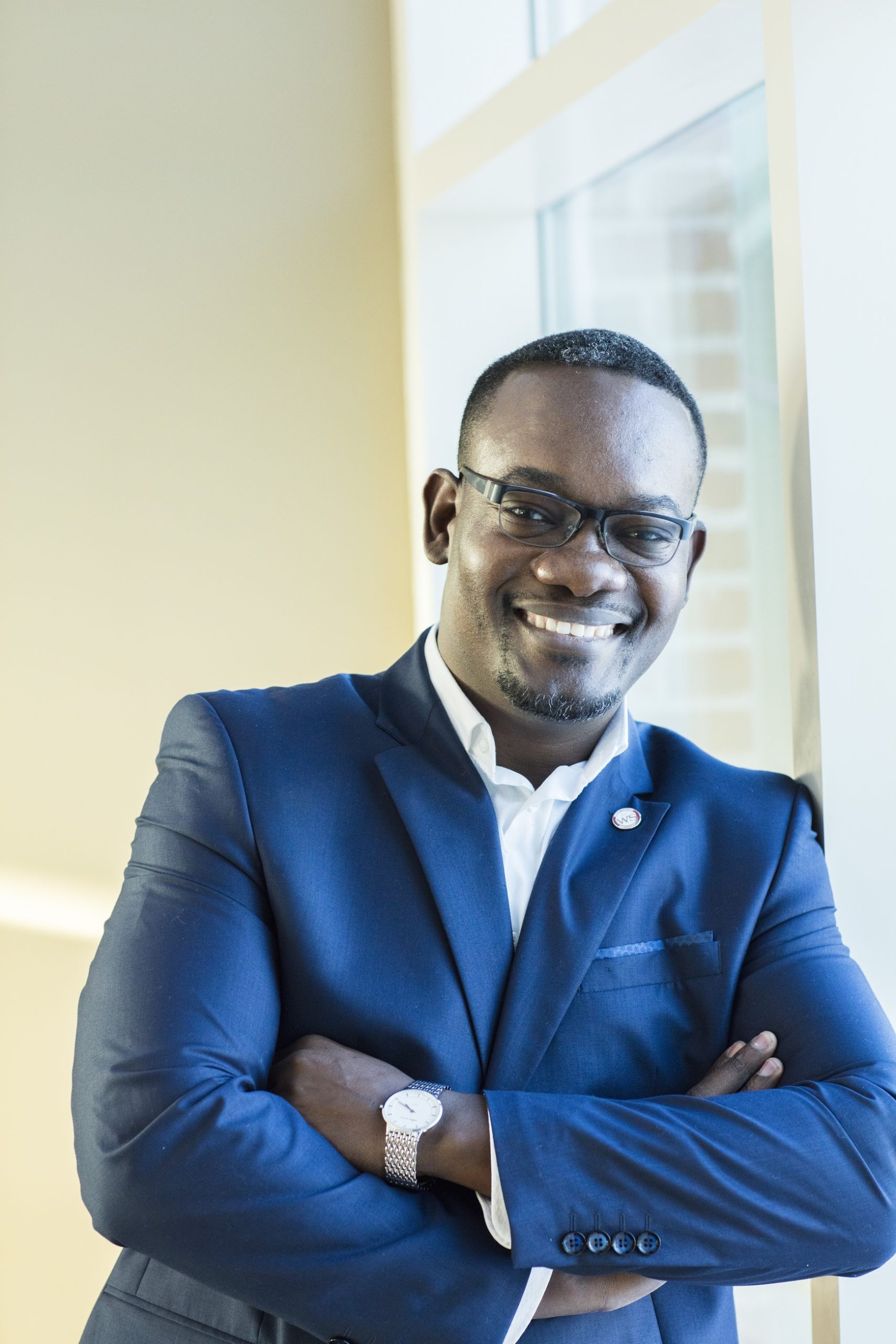When teaching on issues of social justice, a faculty’s posture can foster or impede the students’ ability to learn and engage fully in the process.
I teach Biblical Interpretation. One of the favorite courses that I have designed and taught is “Hermeneutics for Ministry”. This is a graduate course offered to students who are preparing for full time ministry. I challenge the students in the class not only to learn about the art of interpretation, but also to wrestle with why they interpret a certain way. For example, we talk about reading locations, biases and presuppositions. We discuss how a person’s cultural background affects/colors their reading lenses. We watch the movie Arrival and discuss the dynamics of language and prejudice, and the interplay between space/boundary maintenance and reconciliation. In other words, how we use our space and maintain boundaries, who we let in, and the willingness to enter another’s space affect our ability to engage the other in constructive ways. We examine what makes Dr. Louise Banks a character that is worth emulating. We read Emmanuel Levinas’ Otherwise than Being and discuss what it means for come face to face with the other, and to take on their plight.
The final project for the course asks students to write a sermon series or develop curriculum that addresses issues on immigration or racial reconciliation; or design a pastoral care plan that addresses Teenage Suicide or Aging and Dying Well. I go to great length to challenge their assumptions and encourage them to think holistically about social justice; namely, to attend to the theological, spiritual, cultural, social, emotional, and financial aspect of the issue. The goal is not only their formation, but also the formation of their congregation’s hermeneutics (the way they view) and attitude (the way they behave) toward immigrants, members of a different race, the elderly, and the memory of those who commit suicide and toward their families.
In the Fall 2016, I found myself struggling to communicate with the students. Many of the issues that were central to the course had taken center stage in the political rhetoric of the election. As a Haitian, and an immigrant, I wanted to be cautious. This posture created a lack of authenticity that hindered my ability to challenge the students. Our class met at 8:55am on Mondays, Wednesdays, and Fridays. The morning after the election, I went to class and started with prayers as was customary. No sooner had I said Amen, that one student asked, “What are your thoughts on last night’s election?” I replied immediately, “I am not from around here; I am not sure what to say.” I proceeded to start my presentation, when the silence that fell on the class caught my attention. I looked up from my computer and saw the students’ eyes fixed on me. It was a look that I had not seen before. They wanted to hear from me on this particular issue, and they were not willing to let me off the hook. I quickly realized that if I was going to be successful in my endeavor to challenge their own presuppositions on other social justice and civic engagement issues, I needed to be vulnerable on this one.
To be vulnerable is to open oneself to the possibility of being wounded, of being harmed. It comes at a great risk. It is a risk worth taking if the telos of theological education is the transformation of the individual. We have to be willing to open up ourselves to the students, so that they can see our hearts and in order to be convinced of the lessons we want them to learn. That November morning, I took the risk and told the students what was on my heart. Among other things, I pointed out that the popular vote suggested that we were dealing with a divided country. I urged them to be ready to shoulder the responsibility and burden of bringing healing to a nation, a society, and a church that have lost the art of dialoging with others who hold diverging opinions. Little did I know that the divide would become so entrenched. Little did I know that their burden would become so heavy. Today more than ever we need to let our guard down and teach with vulnerability. We need to empower our students by acknowledging our own shortcomings. What would it take to invite them to our space and let them see our pain, our doubts, our struggles?
About Abson Joseph
Dr. Abson Joseph serves as Academic Dean of Wesley Seminary. Dr. Joseph is originally from Haiti. He holds a Diploma in Theology from Caribbean Wesleyan College, Jamaica; Master of Divinity from Asbury Theological Seminary; and a Ph.D. in New Testament Interpretation from London School of Theology/Brunel University, England. Before joining Wesley Seminary, Dr. Joseph served as Academic Dean at Caribbean Wesleyan College from 2005 to 2011; and, Professor of New Testament at the School of Theology and Ministry at Indiana Wesleyan University from 2011 to 2017. He is an ordained minister of the Wesleyan Church of Haiti. Dr. Joseph is passionate about International Theological Education. He is a member of the Executive Committee of the Caribbean Evangelical Theological Association, the accreditation agency for theological schools in the Caribbean. He chairs the Theological Commission and is a member of the Accrediting Commission of that association. Dr. Joseph is the author of A Narratological Reading of 1 Peter (T&T Clark, 2012); co-editor of Shaping Theological Education in the Caribbean: A Community Approach (CETA, 2011); and has published several book chapters and articles. He currently is fulfilling three book contracts: Reading the Law from the Margins (IVP Academic), Hearing and Doing the Word of God (Baker Academic), and The Book of James: One Book Daily-Weekly Bible Study (Seedbed Publishing). He has read papers and taught in the USA, Haiti, Jamaica, Russia, Belgium, Kenya, and New Zealand, among other places.
